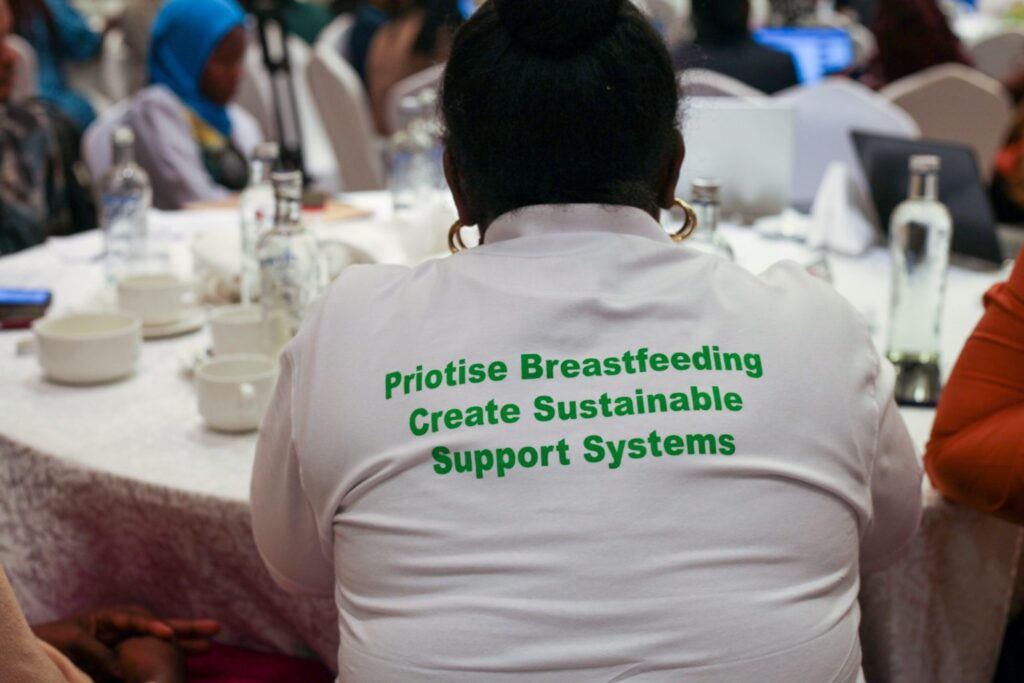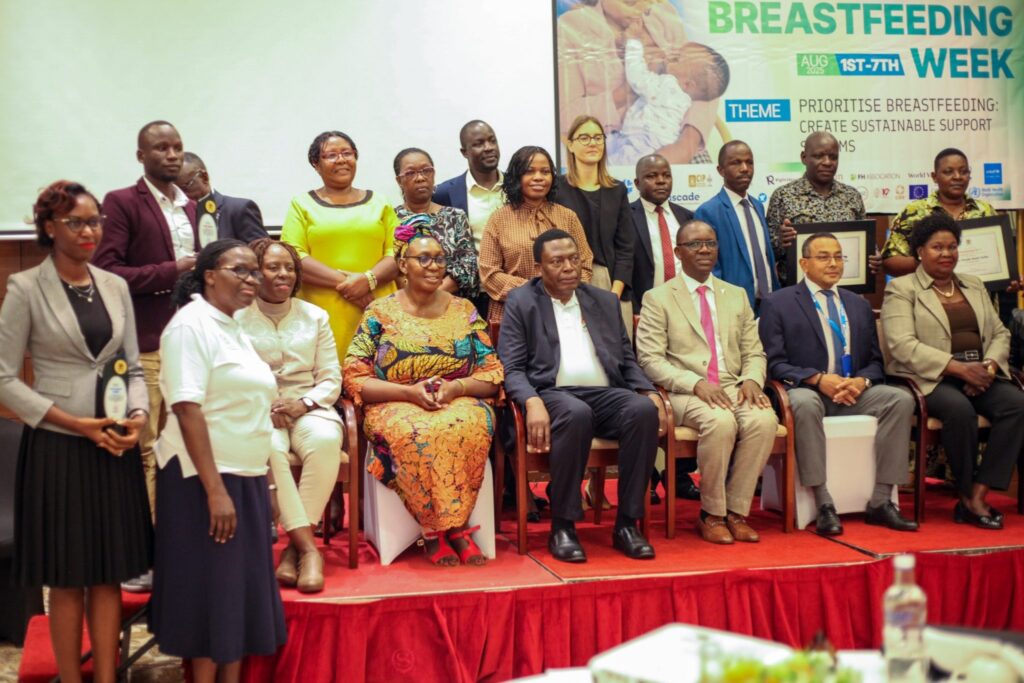
Uganda has recorded a remarkable rise in exclusive breastfeeding rates, moving from 66% in 2016 to 94% in 2022 for the first six months of a baby’s life. The achievement is credited to strong collaboration between government ministries, international partners, and community-led initiatives.
The Ministry of Health, working alongside UNICEF, the World Health Organization, the World Food Programme, World Vision, and other nutrition partners, marked the 2025 World Breastfeeding Week under the theme “Prioritize Breastfeeding: Create Sustainable Support Systems.” The campaign underscores breastfeeding’s health benefits for both mother and child, while calling for sustained support at every level of society.
Today, 81% of newborns in Uganda are breastfed within the first hour of life, meeting global targets and most mothers sustain exclusive breastfeeding for the first six months. However, officials warned of declining breastfeeding rates beyond six months, along with reduced dietary diversity and meal frequency among infants aged six to eight months.
Juliana Muiruri, Head of Nutrition and Food Systems at the World Food Programme, described breastfeeding as a “frontline defense” against malnutrition, particularly in vulnerable communities. She pledged continued investment in training health workers, community leaders, and caregivers to support exclusive breastfeeding for six months and continued breastfeeding up to two years.
The Ministry of Gender and Social Development is introducing initiatives such as a breastfeeding honor for working mothers, male involvement campaigns, and partnerships with UNICEF to strengthen early childhood development programs.

UNICEF Country Representative Dr. Robin Nandy urged greater support for teenage mothers. “We talk about preventing teenage pregnancies, but we don’t talk enough about supporting teenage girls who are already mothers. How do they return to school and breastfeed at the same time? These are complex and uncomfortable questions, but they must be addressed,” he said.
According to Dr. Charles Olaro, Director General of Health Services, exclusive breastfeeding rates have improved through community mobilization and training of healthcare workers. With half of all births now taking place in community health centers, more mothers especially in rural areas have access to breastfeeding guidance.
Breast milk offers unmatched benefits, providing complete nutrition, immune protection, and adapting to a baby’s changing needs, while also supporting maternal recovery and lowering certain cancer risks.
At the commemoration, Kiryandongo District was recognized for outstanding breastfeeding promotion, alongside other individuals, workplaces, and health facilities.
Uganda’s success, officials say, proves that breastfeeding is not just a personal choice but a shared responsibility one supported by policies, workplaces, communities, and health systems working together.